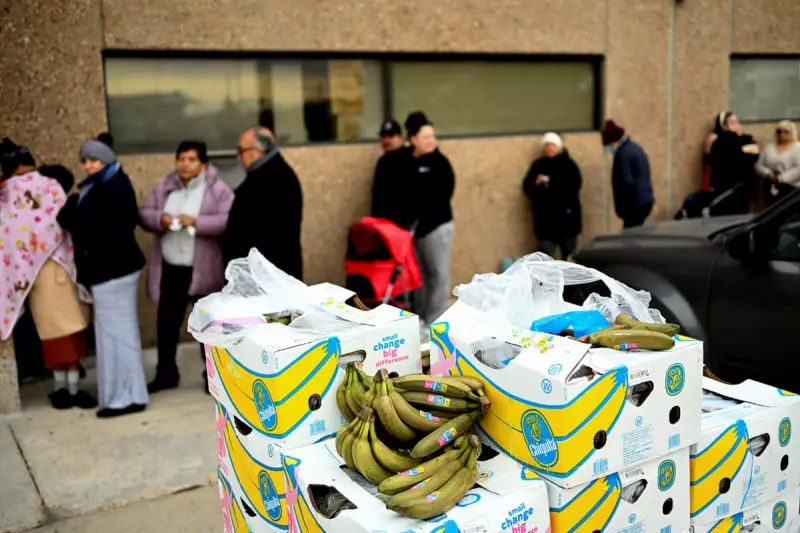
In a move that's reigniting debates about America's social safety net, former President Donald Trump has unveiled a controversial proposal to partially fund the nation's food stamp programme, shifting significant financial responsibility onto individual states.
The Core Proposal: A Federal-State Partnership
The radical plan would fundamentally alter how the Supplemental Nutrition Assistance Programme (SNAP) operates, requiring states to cover a portion of costs that have traditionally been fully funded by the federal government. This represents one of the most significant potential changes to food assistance in decades.
Under the proposed system:
- Federal funding would continue but at reduced levels
- States would need to allocate their own resources to bridge the funding gap
- The current uniform national eligibility system could be replaced by state-specific criteria
- Benefit levels might vary significantly across different regions
Immediate Backlash and Support
Anti-poverty organisations have reacted with alarm, warning that the proposal could create a "patchwork of hunger" across America, where low-income families' access to food would depend heavily on their state's financial health and political priorities.
Critics argue:
- Wealthier states could maintain robust programmes while poorer states might see dramatic cuts
- The proposal could disproportionately affect children, elderly Americans, and disabled individuals
- Economic downturns would strain state budgets when assistance is most needed
Meanwhile, supporters of the plan contend that it would encourage fiscal responsibility and allow states to tailor programmes to local needs, potentially reducing fraud and ensuring assistance reaches those who need it most.
Political Implications and Historical Context
This proposal marks a significant development in the ongoing debate about welfare reform, echoing previous attempts to restructure social programmes while introducing new elements that could reshape how America tackles food insecurity.
The timing suggests this could become a central issue in upcoming political campaigns, setting the stage for heated debates about the role of government in addressing poverty and hunger.
As the debate intensifies, millions of American families who rely on SNAP benefits await further details about how these proposed changes might affect their ability to put food on the table.






